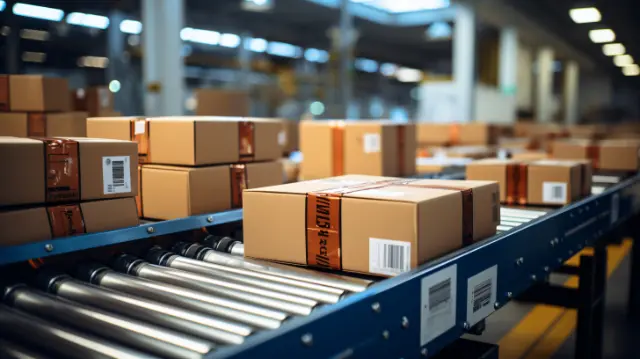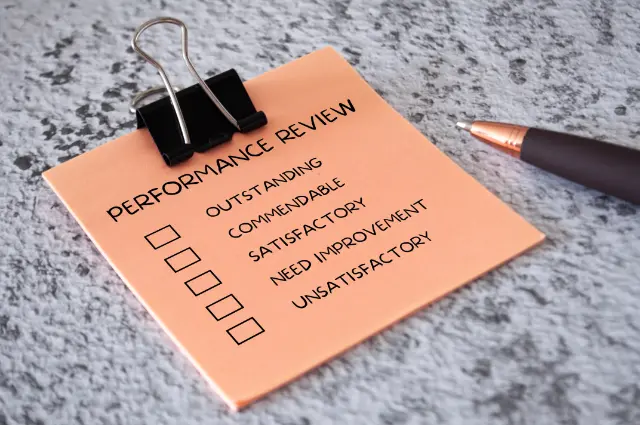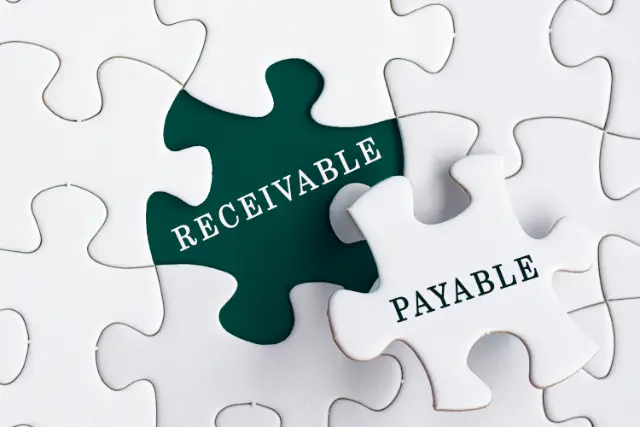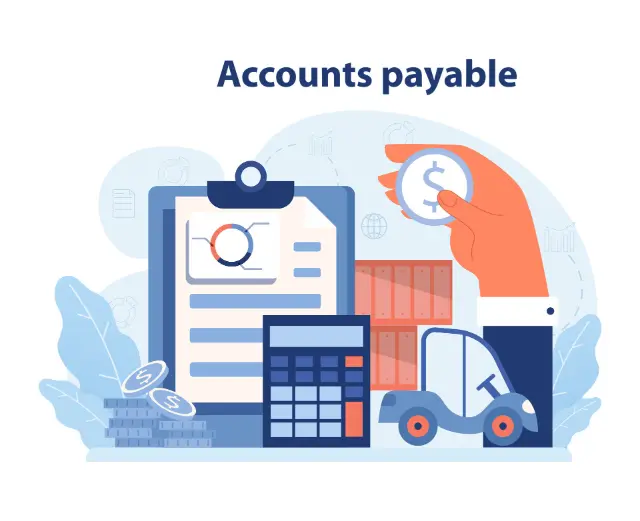Labeling Automation: Empowering the Manufacturing Industry with Precision and Efficiency
In the fast-paced and demanding manufacturing industry, efficient and accurate labeling processes are crucial for ensuring product quality and traceability. Traditional manual labeling methods can be time-consuming, prone to errors, and often fail to keep up with the increasing production demands.
Enter Labeling Automation: A game-changer for the manufacturing industry, labeling automation leverages the power of Python, AI, and cloud-based solutions to streamline and optimize the labeling process. By integrating label printers with order processing systems, businesses can automatically generate and apply labels based on specific order requirements, eliminating manual errors and significantly enhancing productivity.
With labeling automation, manufacturers can:
- Reduce Labor Costs: Eliminate the need for manual labor, freeing up employees for more value-added tasks.
- Enhance Accuracy: Automated systems minimize human error, ensuring consistent and accurate labeling.
- Increase Productivity: Streamlined processes allow for faster labeling, enabling manufacturers to meet higher production demands.
- Improve Compliance: Automated labeling systems help businesses adhere to industry regulations and standards, ensuring product safety and traceability.
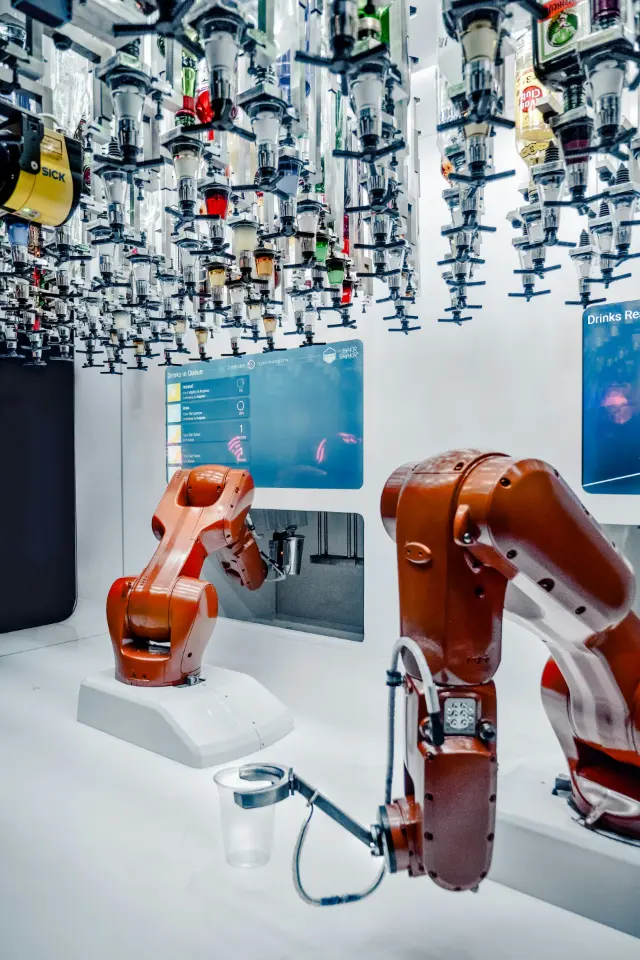
Python, AI, and the Cloud: Supercharging Labeling Automation
Python, AI, and cloud-based solutions play a pivotal role in revolutionizing labeling automation for the manufacturing industry.
Python for Unattended and Attended Bots:
Python’s versatility allows for the development of both unattended and attended bots for labeling automation. Unattended bots can operate independently, executing repetitive tasks without human intervention. Attended bots, on the other hand, collaborate with human operators, providing assistance and automating specific tasks within the labeling process. The customizable nature of Python enables developers to tailor bots to meet specific business requirements.
Cloud Platforms as Powerful Automation Orchestrators:
Cloud platforms offer a comprehensive suite of features and capabilities that far surpass traditional RPA/workflow tools. They provide robust infrastructure, scalability, and advanced analytics, making them ideal automation orchestrators. Cloud-based labeling automation systems can seamlessly integrate with other enterprise applications, such as ERP and CRM systems, enabling end-to-end process automation.
AI for Enhanced Accuracy and Edge Case Handling:
AI techniques, such as image recognition, natural language processing (NLP), and generative AI (Gen AI), can significantly enhance the accuracy and efficiency of labeling automation systems. Image recognition can ensure accurate label placement and alignment, while NLP can automatically extract data from incoming orders and generate corresponding labels. Gen AI can handle complex edge cases and make intelligent decisions, improving the overall automation process.
By leveraging the combined power of Python, AI, and cloud platforms, manufacturers can unlock the full potential of labeling automation, achieving unprecedented levels of efficiency, accuracy, and productivity.

Building the Labeling Automation with Python and the Cloud
The labeling automation process involves several key subprocesses that can be automated using Python and cloud-based solutions:
- Order Processing Integration: Integrate the labeling system with the order processing system to receive order details and specifications.
- Label Generation: Use Python to generate labels based on the order specifications, including product information, shipping address, and any required regulatory data.
- Label Printing: Trigger label printing commands to the connected label printers using Python scripts.
- Label Application: Automate the physical application of labels to products or packaging using robotic arms or other automated machinery.
Data Security and Compliance:
Data security and compliance are paramount in the manufacturing industry. Python and cloud-based solutions offer robust security measures, including encryption, access controls, and audit trails, to ensure the confidentiality and integrity of sensitive data.
Advantages of Python over No-Code RPA/Workflow Tools:
Compared to no-code RPA/workflow tools, Python offers several advantages for labeling automation:
- Flexibility and Customization: Python is a versatile language that allows for greater customization and tailoring of the automation process to specific business requirements.
- Scalability and Performance: Python-based automations can handle large volumes of data and complex processes efficiently, ensuring scalability as the business grows.
- Cost-Effectiveness: Python is an open-source language, eliminating licensing costs associated with proprietary RPA tools.
Algorythum’s Approach:
Algorythum recognizes the limitations of off-the-shelf automation platforms and takes a different approach by leveraging Python and cloud-based solutions. This approach provides clients with:
- Tailor-Made Solutions: Custom-built automations that perfectly align with their unique business processes and requirements.
- Improved Performance: Python-based automations deliver superior performance and efficiency, minimizing downtime and maximizing productivity.
- Cost Optimization: Algorythum’s approach eliminates the need for expensive proprietary software, reducing overall automation costs.
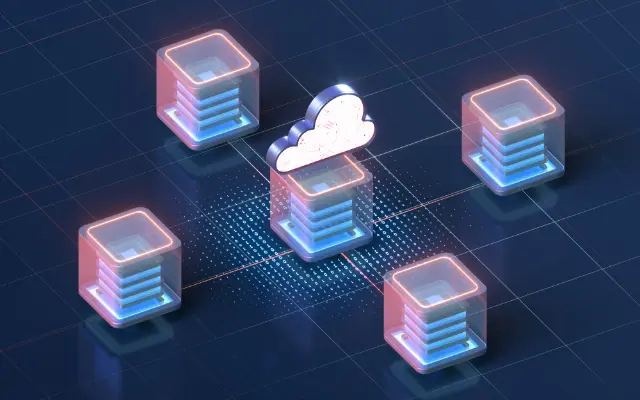
The Future of Labeling Automation
The future of labeling automation holds exciting possibilities for the manufacturing industry. As technology continues to advance, we can expect to see even more innovative and sophisticated solutions emerge.
One potential area of growth is the integration of blockchain technology into labeling automation systems. Blockchain can provide a secure and immutable record of all labeling activities, ensuring traceability and transparency throughout the supply chain.
Another promising area is the use of augmented reality (AR) to enhance the labeling process. AR can provide operators with real-time guidance and instructions, reducing errors and improving efficiency.
Edge computing can also play a significant role in the future of labeling automation. By bringing computation and storage closer to the edge of the network, edge computing can enable real-time decision-making and reduce latency, making labeling automation systems even more responsive and effective.
Subscribe to Algorythum to stay updated on the latest advancements in labeling automation and other industry-specific automation solutions.
Contact our team today to schedule a free feasibility and cost estimate for your custom labeling automation requirements. Let us help you unlock the full potential of automation and transform your manufacturing operations.

Algorythum – Your Partner in Automations and Beyond
At Algorythum, we specialize in crafting custom RPA solutions with Python, specifically tailored to your industry. We break free from the limitations of off-the-shelf tools, offering:
- A team of Automation & DevSecOps Experts: Deeply experienced in building scalable and efficient automation solutions for various businesses in all industries.
- Reduced Automation Maintenance Costs: Our code is clear, maintainable, and minimizes future upkeep expenses (up to 90% reduction compared to platforms).
- Future-Proof Solutions: You own the code, ensuring flexibility and adaptability as your processes and regulations evolve.


